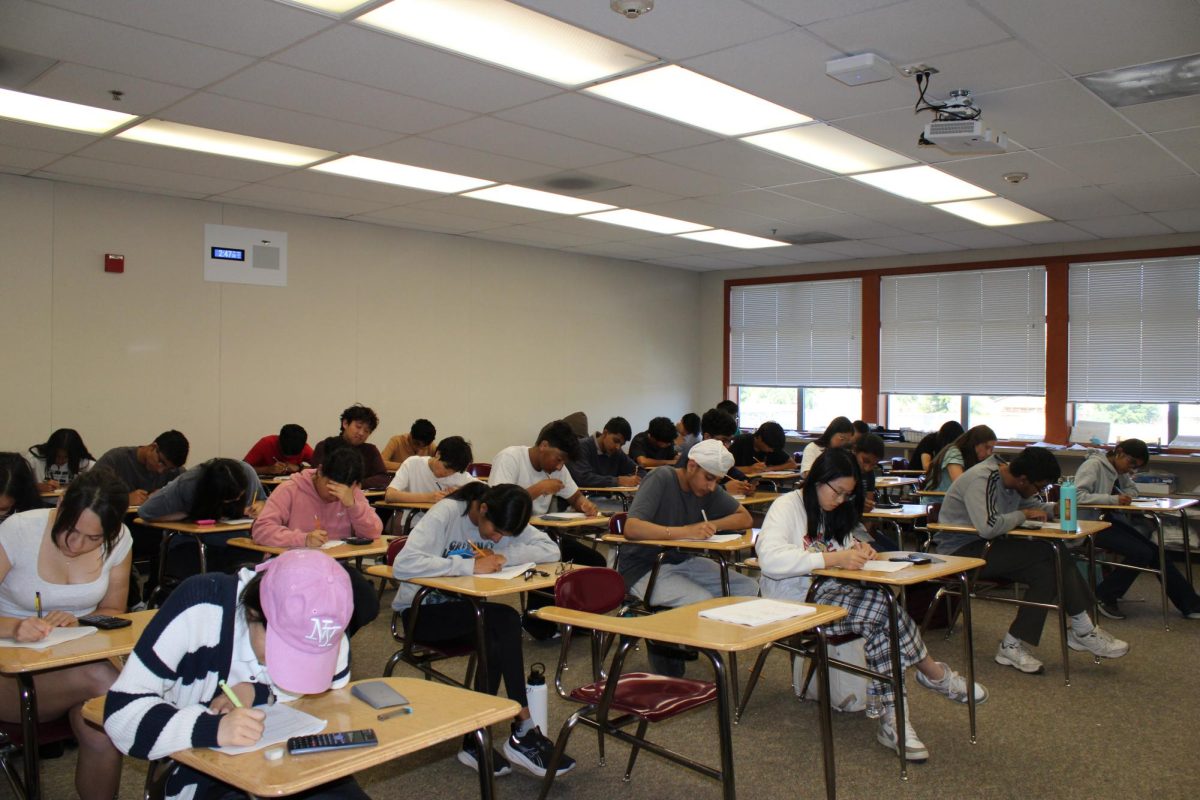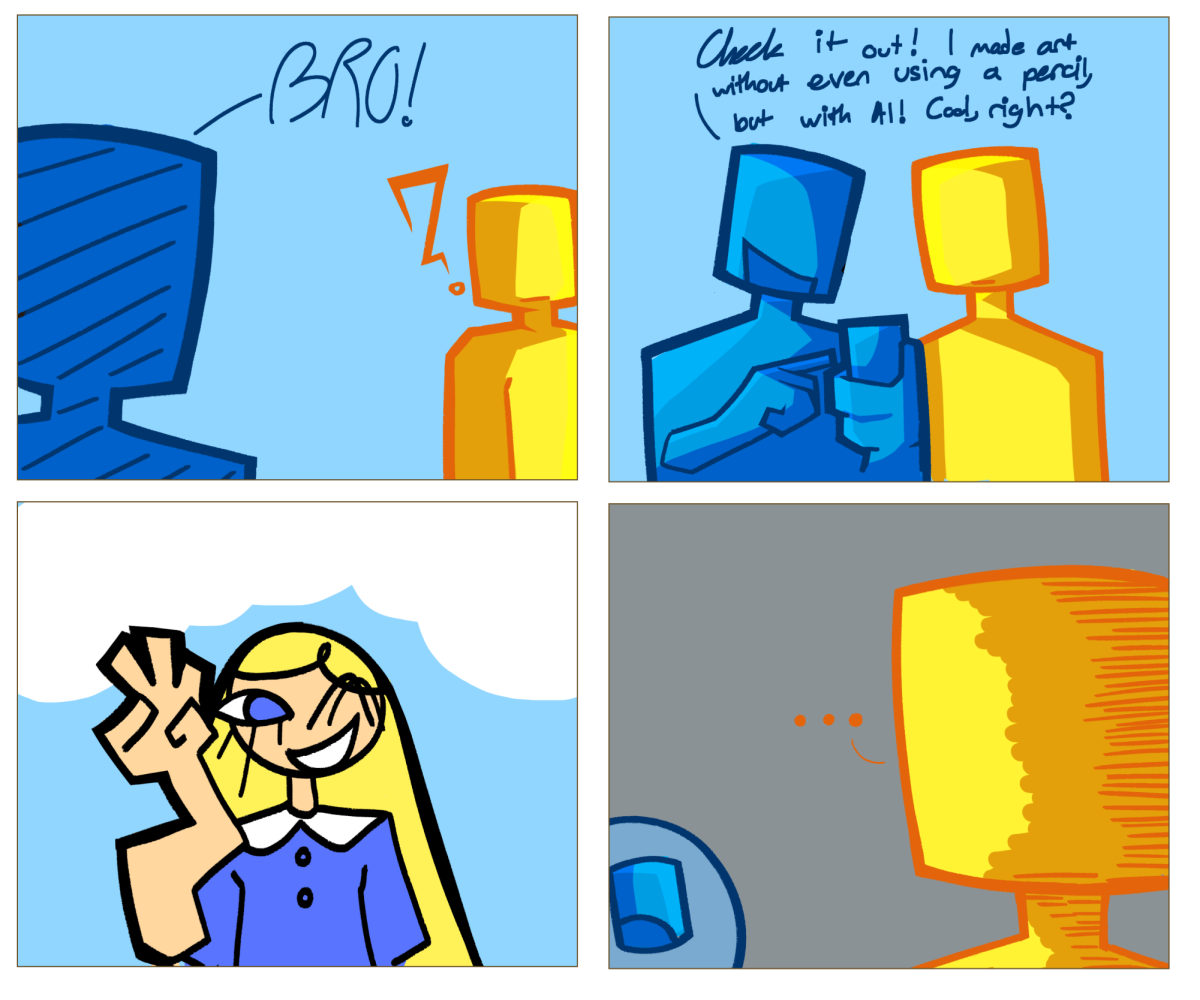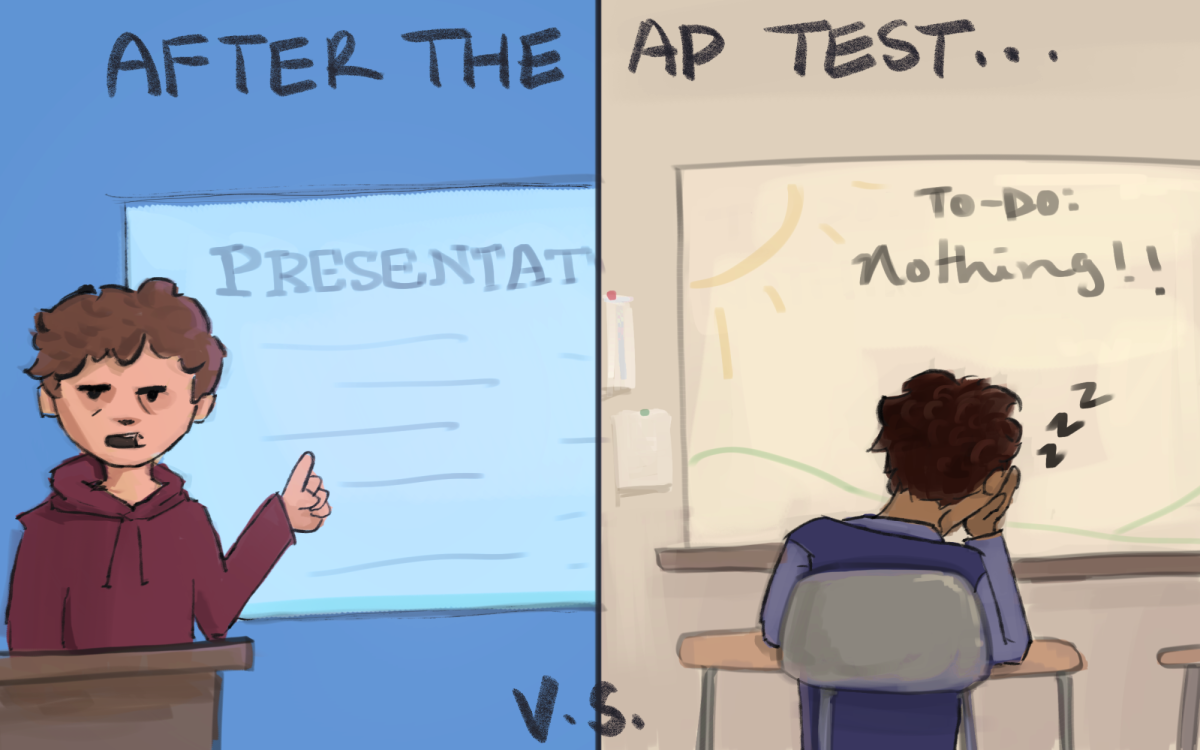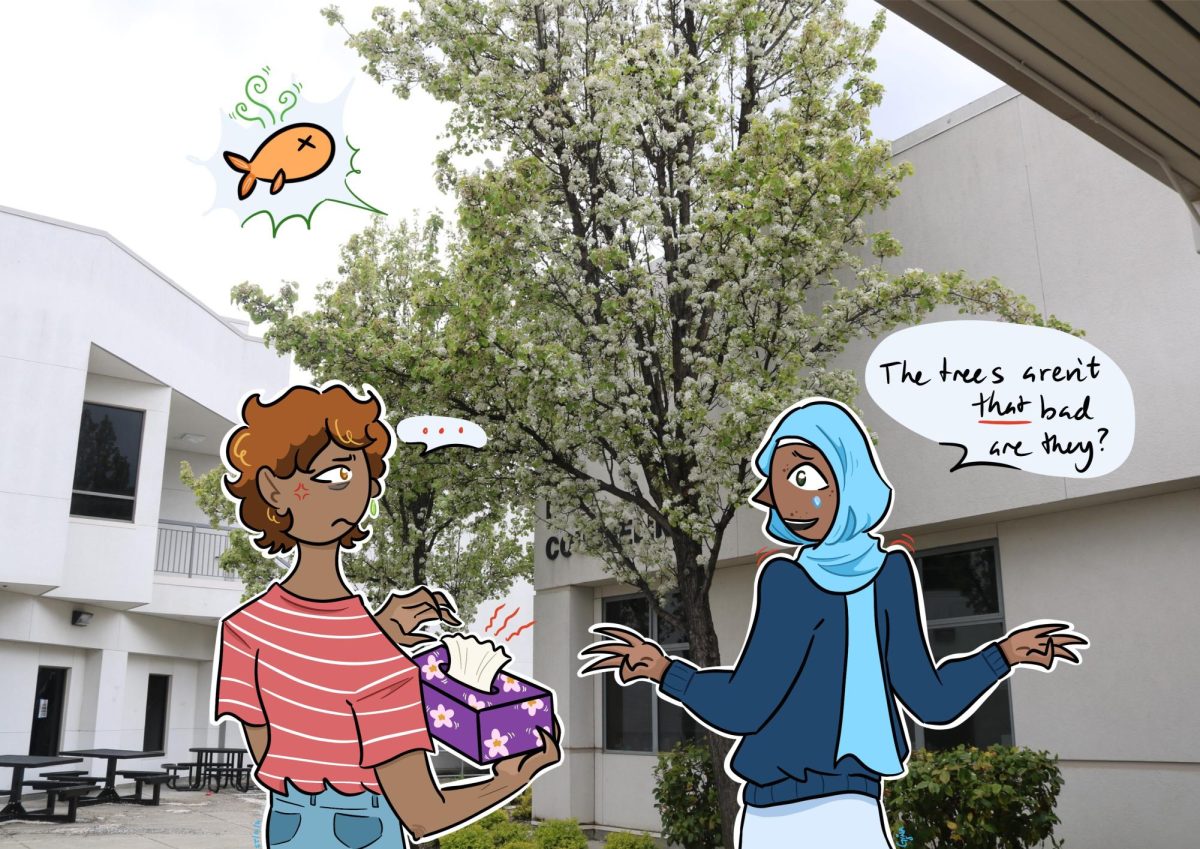Mark Zuckerburg intended Facebook to be an open and transparent Web site for people to become more comfortable in connecting and sharing ideas with other people.
He even compared the openness of Facebook to a government. People need to be free, have representation and be able to vote, and Facebook provides an opportunity for people to start a grassroots movement.
But Zuckerberg probably never imagined that Facebook would help fuel the Egyptian protests that began on Jan. 25 and lead to former Egyptian President Hosni Mubarak’s resignation three weeks later.
Activist Wael Ghonim used the alias of “El Shaheed” or “The Martyr” to create a Facebook page titled “We Are all Khaled Said” five days after Egyptians police beat Said to death last June.
The story of Said’s murder is used on the page as a rally cry for human rights advocacy in Egypt. For months, the site fueled anger toward the Egyptian government’s use of torture and police brutality. The page has more than 375,000 followers.
Ghonim utilized the page to create interaction between the Facebook followers so they could be a part of the protests.
The page consistently polled, asked for advice and posted downloadable flyers to pass out. The page also explains how to use text messaging to spread the word, avoid police crackdowns and organize where to meet.
In a Gmail chat, Ghonim told Newsweek.com the pages’ videos were shared on people’s Facebook walls more than 30,000 times.
Ghonim also told Newsweek.com that the overthrow of President Zine El Abidine Ben Ali by grassroots protests in Tunisia “had given people a sense of hope – something the activist wanted to corral, using social-media tools.”
This inspired a post on the page announcing Jan. 25 as a day of protest. This was enough for the Egyptian government to cut off Internet access from Jan. 27 to Feb. 2.
Egypt protests fueled by Facebook page
But Facebook had already done its job by inspiring and motivating the people of Egypt to rise up and take action. According to Newsweek.com, “Men and women, rich and poor, Christians and Muslims, were suddenly marching together.”
Since Facebook had helped bring them together, the protestors were able to arrange meetings, designate protesting areas, etc. by face-to-face meetings.
When Ghonim was captured and detained by the police for two weeks, he became the new rallying cry, furthering the anger and protests. As a result, protests occurred for weeks until Mubarak finally stepped down on Feb. 11 and handed power to Egypt’s armed forces.
Zuckerberg’s social networking idea played a key role in ending decades of Mubarak’s repression on the Egyptian people and it can be used even further to help establish a permanent democracy in Egypt.
Opinion Page Policies
Opinions expressed in The Californian are those of the respective authors. Unsigned editorials reflect the majority view of the staff. The Californian encourages letters to the editor. Letters must be signed and not exceed 150 words. Letters may be dropped off in room 321 or emailed to [email protected]. The Californian reserves the right to edit any letters or not publish any letters deemed inappropriate.




